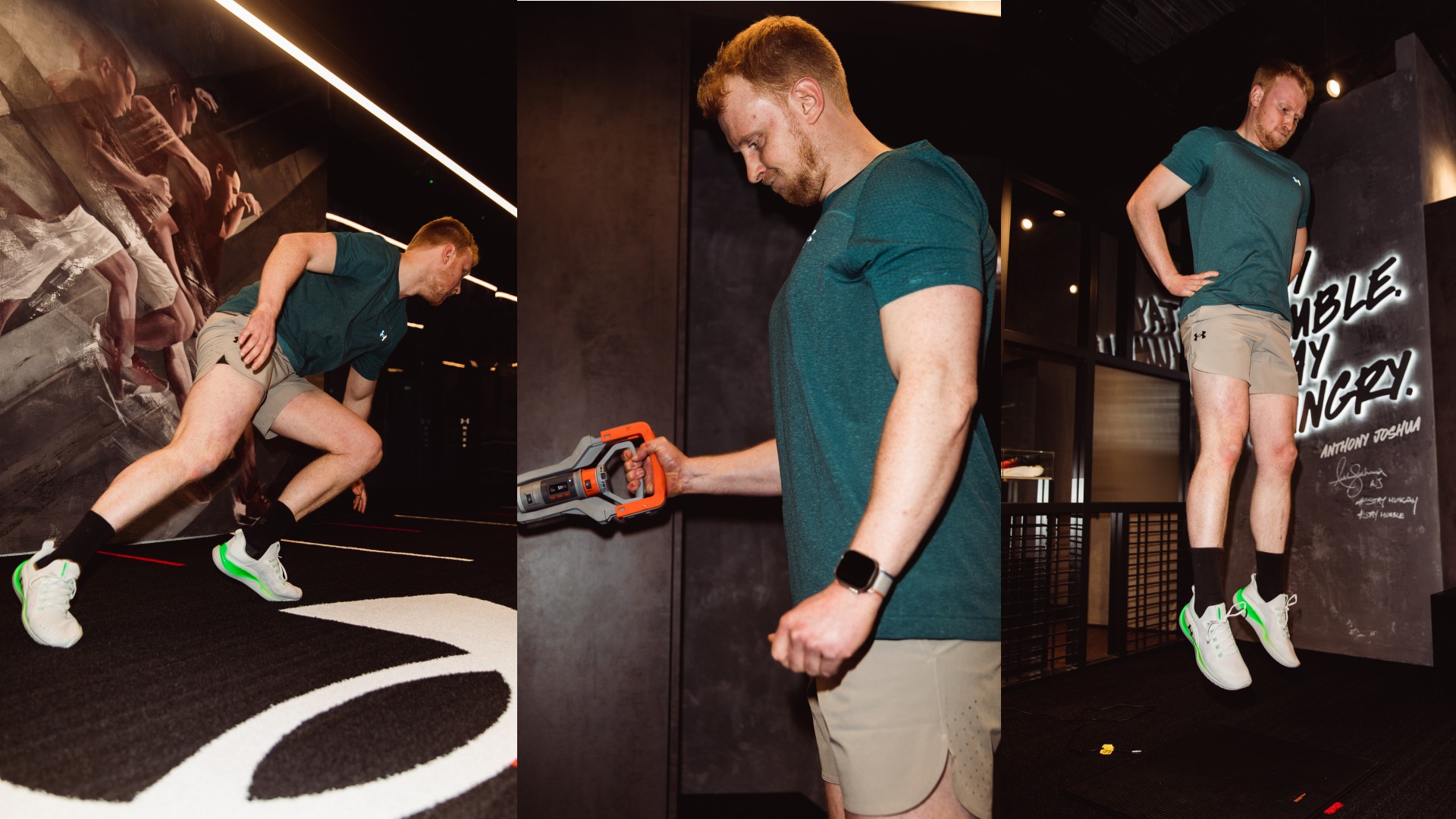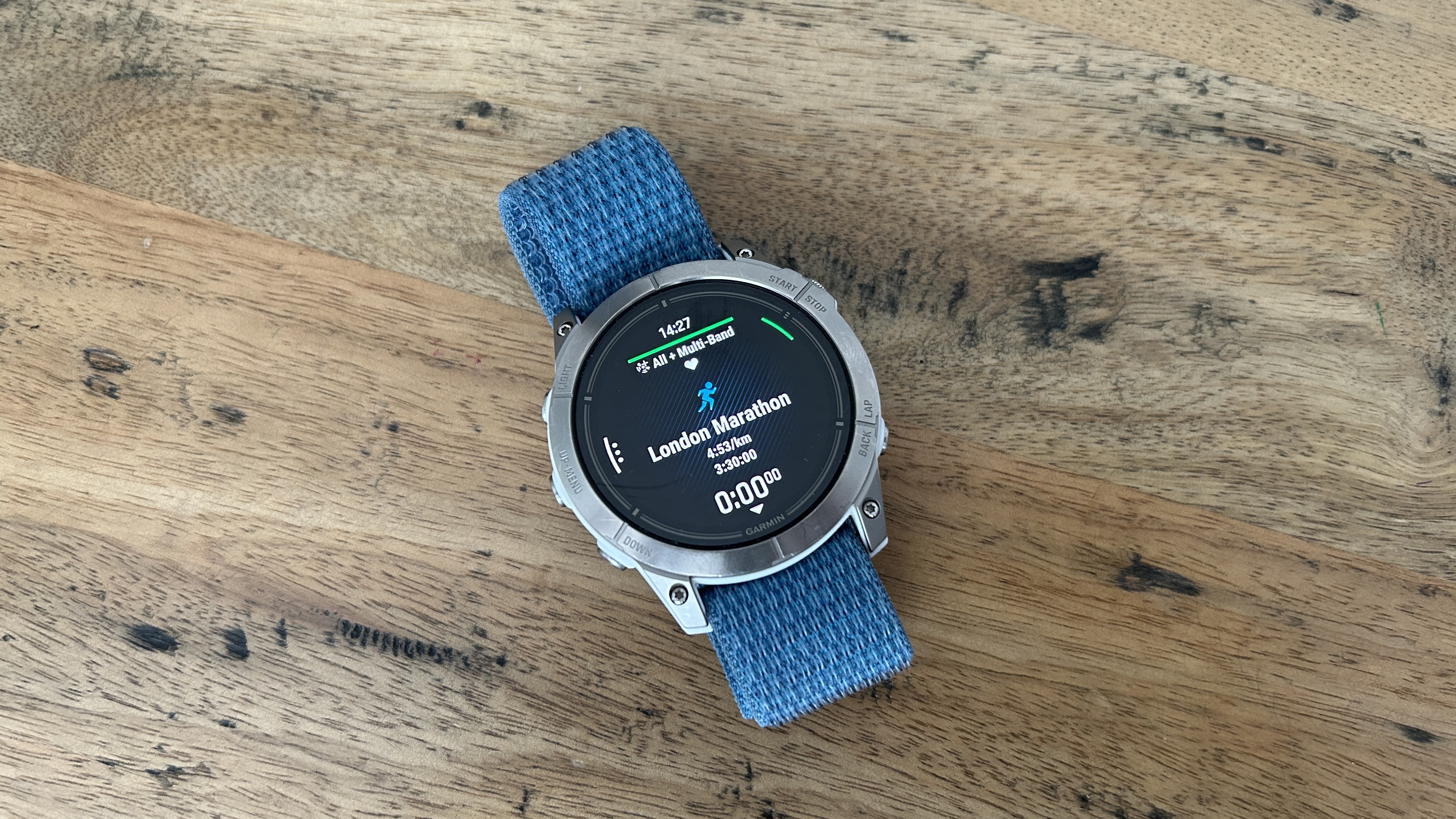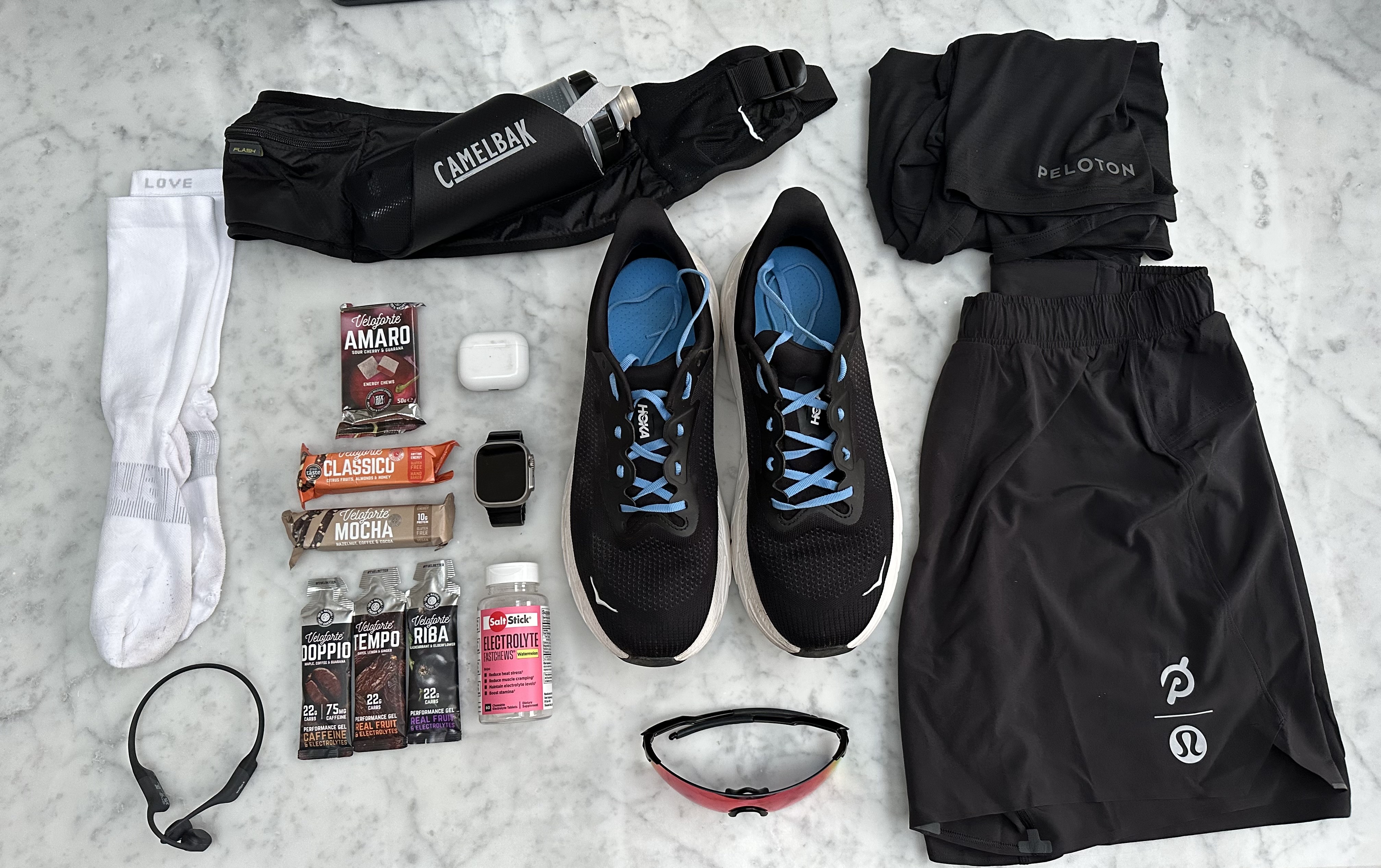What Are BCAAs And Do You Need To Use Supplements?
These vital amino acids support your training by making sure your muscles have what they need to repair and grow

Once you start working out regularly, the lure of using supplements becomes hard to resist. After all, you’re putting in all that work in the gym, so why not use a specialist product to make sure you get more out of what you put in?
Branched-chain amino acids (BCAA) supplements are something that might catch your eye, since they promise to be just what the body needs to increase your muscle mass. But under what circumstances is it worth using a supplement? To find out more about BCAAs and their potential deployment, we spoke to sports nutritionist and Sport And Exercise Nutrition Register (SENR) spokesperson Richard Chessor.
What are BCAAs?
BCAAs are branched-chain amino acids. They are a group of three amino acids – leucine, isoleucine and valine – which are all chemically similar in structure.
Why do we need them?
They all play a role in muscle growth but probably most important is leucine, which acts as a trigger for muscle growth. When sensed in the muscle, the cells activate their muscle growth machinery.
Do you need more BCAAs when exercising regularly?
This all depends on your total dietary protein intake. If you consume sufficient protein then additional BCAAs are unnecessary. However, for people who exercise and have a low protein intake, consuming additional BCAAs may promote muscle synthesis and muscle growth over a longer period of time.
Can you get all you need from food, or are BCAA supplements worthwhile?
Yes, we tend to consume ample BCAAs via our diet, especially a diverse diet including animal sources. BCAAs are part of the group of essential amino acids, which means we can’t synthesise them in our body and therefore must consume them via our diet. Generally, supplementation with BCAAs is unnecessary for individuals with a sufficiently high daily protein intake of more than 1g per kg of bodyweight.
My opinion is that there is little point in supplementing with BCAAs providing a sufficient protein intake is achieved through diet. Supplementation with whey protein around exercise will be more advantageous because not only does it contain ample BCAAs to activate muscle protein synthesis, it also contains the remaining amino acids which are essential to maintain muscle protein synthesis and result in muscle growth.
- The best protein powders and what to look for
Which foods are good sources of BCAAs?
Animal sources like meat, fish, eggs and dairy are rich in BCAAs. Whey protein is another excellent source. BCAAs are also present in plant-based foods such as wholewheat, peas, soy and nuts, but in much lower amounts.
Get the Coach Newsletter
Sign up for workout ideas, training advice, reviews of the latest gear and more.
- 41 high-protein foods
- The best vegetarian sources of protein
- The best sources of protein for vegans
- Expert advice on the pros and cons of eating soy protein
If you decide it’s advantageous to take BCAA supplements, what should you look out for on product labels to make sure you’re getting what you need?
Most BCAA supplements contain a common ratio of 2:1:1 leucine:isoleucine:valine and a standard dose is around 5g per serving. This makes selecting a pure BCAA product relatively straightforward. However, many other products incorporate BCAAs such as pre-workout or intra-workout formulas, which may combine them with carbohydrates, caffeine or beta-alanine. You should proceed with caution and understand the impact of these other nutrients before selecting a product based purely on its BCAA content.

Nick Harris-Fry is a journalist who has been covering health and fitness since 2015. Nick is an avid runner, covering 70-110km a week, which gives him ample opportunity to test a wide range of running shoes and running gear. He is also the chief tester for fitness trackers and running watches, treadmills and exercise bikes, and workout headphones.









